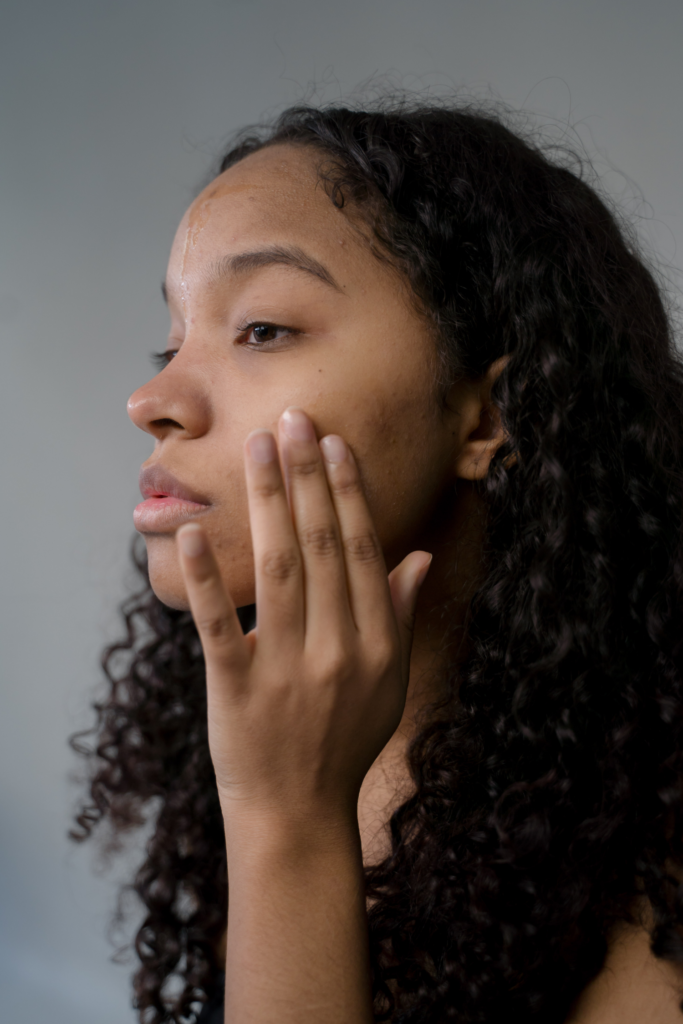Psoriasis is a challenging and often frustrating condition, but understanding its root causes and taking a natural approach can make a significant difference. At Ridgetter, we’ve gathered stories from individuals who have gotten rid of psoriasis effectively through dietary and lifestyle changes. This article dives into the different types of psoriasis, traditional treatments, and how natural approaches, like an anti-inflammatory diet and stress management, can help you manage symptoms and achieve healthier skin in the long term. Discover actionable steps you can take today to begin your journey.
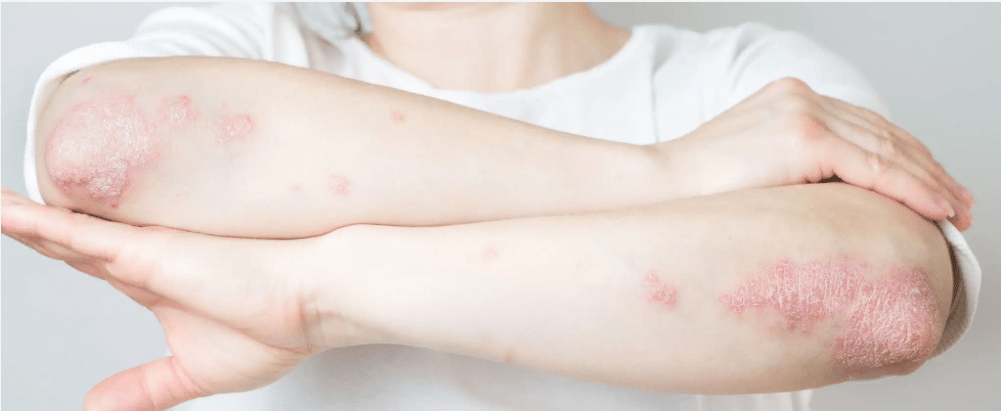
Types of Psoriasis
There are different types of psoriasis, each with distinct symptoms:
- Plaque Psoriasis: The most common form, characterized by raised, red patches covered with silvery scales.
- Guttate Psoriasis: Small, dot-like lesions, often triggered by infections.
- Inverse Psoriasis: Found in skin folds, causing smooth, shiny, red lesions.
- Pustular Psoriasis: White pustules surrounded by red skin, often limited to the hands and feet.
- Erythrodermic Psoriasis: A severe, life-threatening type that covers large areas of the body with redness and shedding.
Traditional Treatments
Conventional treatments for psoriasis generally aim to control flare-ups and alleviate symptoms. Common methods include:
- Topical Treatments, Phototherapy, Oral and Injectable Medications.
While these methods may offer temporary relief, they don’t address the root cause of psoriasis.
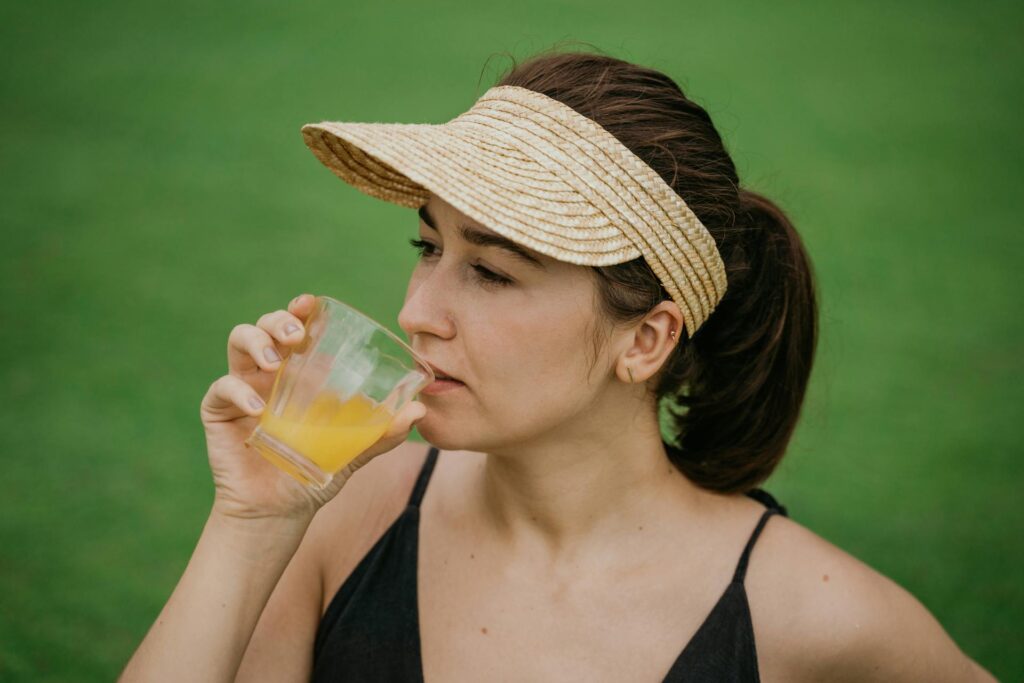
Root Cause of Psoriasis
An important part of getting better is knowing what causes your disease, and then, what you can do to help the body get rid of the problem and heal. Here is a short overview of different theories of the root cause of psoriasis. We include Western Medicine, alternative medicine, and the largest community using “food as medicine” to combat chronic disease to give an idea of the different theories and beliefs.
Western Medicin defines psoriasis as a chronic autoimmune skin condition that causes the rapid growth of skin cells, leading to thick, scaly patches. This condition can affect various parts of the body, including the scalp, elbows, knees, and lower back. There are no definite answers and the main theories place the “blame” on our bodies themselves or the immune system. Here are some of the theories:
1. Autoimmune Response:
Psoriasis is classified as an autoimmune disorder, and the theory is that the body’s immune system mistakenly attacks healthy skin cells, causing rapid skin cell turnover. There is no definite answer to why the body would make this mistake.
2. Genetic Factors:
People with a family history of psoriasis have a higher likelihood of developing the condition, which many interpret as a sign of genetic influences.
3. Environmental Triggers:
Infections, stress, cold weather, and skin injuries can trigger psoriasis flare-ups in those predisposed to the condition.
4. Inflammation:
Systemic inflammation plays a key role in psoriasis, with elevated inflammatory markers contributing to flare-ups.
Alternativ medicine:
Alternative medicine practitioners often view psoriasis as a reflection of deeper imbalances within the body. Common causes proposed include:
- Toxins: The buildup of toxins from a poor diet or lifestyle can manifest as skin issues like psoriasis.
- Leaky Gut Syndrome: Some believe that gut permeability allows toxins to enter the bloodstream, triggering autoimmune responses.
- Liver Dysfunction: Impaired liver detoxification is thought to contribute to psoriasis flare-ups.
- Inflammation: Chronic inflammation from diet, stress, or infections is often considered a root cause.
These theories emphasize holistic treatments like detoxification, anti-inflammatory diets, and stress reduction.
Food as Medicine:
The largest health movement focused on food as medicine claims psoriasis to be caused by:
- toxic metals (toxic copper and mercury) in the liver
- in combination with a viral infection (most commonly Epstein Barr virus)
The rashes are supposedly toxic spills from an overburdened liver that reach the skin and create problems in the derma.
They claim that the metals can be removed by the body if we give the body the right support and that the virus can be combated through dietary changes. And that it therefore is possible to get rid of psoriasis completely over time.
Explanations vary, but all acknowledge diet to have an impact
As you can see, the explanation for root causes varies greatly, and it seems certain that psoriasis is influenced by many factors. Regardless of disagreement on root cause theory, it is widely accepted that diet and lifestyle can affect psoriasis.
It is not always easy to find the root cause of chronic disease, and we want to emphasize that there are many different theories and that research and science did not provide a definite answer. They are still searching. While searching for an explanation that resonates with your own experience, belief, and perhaps gut feeling, you can still start taking the steps that help people get rid of psoriasis (more in the next chapter).
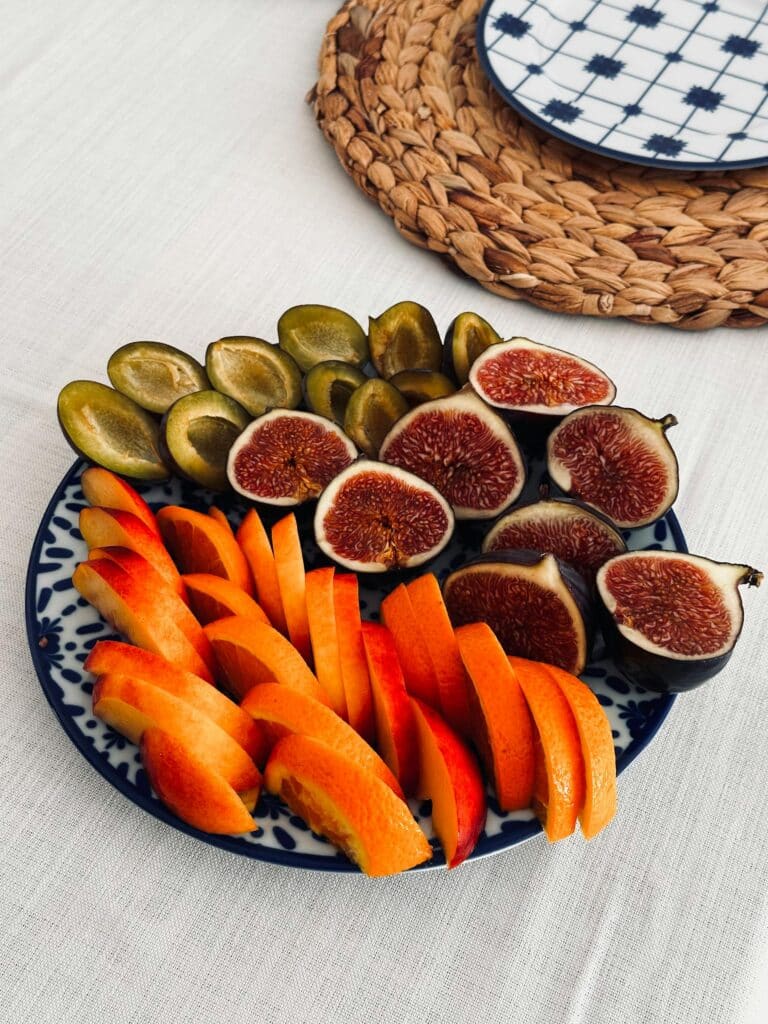
Why Trust Our Approach?
At Ridgetter, we have collected stories from numerous individuals who have successfully gotten rid of psoriasis through natural methods. These real-life experiences highlight the power of diet and lifestyle changes in addressing psoriasis at its root. By learning from those who have overcome the challenges of this condition, we’ve developed a practical, holistic approach that helps people manage and get rid of psoriasis.
How to Get Rid of Psoriasis Naturally Through Diet and Lifestyle
Getting rid of psoriasis naturally involves addressing systemic inflammation and supporting immune health through lifestyle changes. Here’s how you can get started:
- Anti-inflammatory Diet: Foods rich in antioxidants, such as leafy greens, may help reduce inflammation.
- Leafy Greens: Spinach, kale, and arugula are rich in antioxidants.
- Berries: Blueberries and raspberries are packed with anti-inflammatory properties.
- Fruits: Apples, bananas, papaya, and mango are high in nutrients that support skin health
- Vegetables: Potatoes, sweet potatoes, garlic, and other vegetables are powerhouses to make the body fight disease over time
- Limit Alcohol and Processed Foods: These can trigger flare-ups for some people and do not support overall health.
2. Eliminate Trigger Foods
There is evidence suggesting a potential link between gluten, eggs, and milk with psoriasis flare-ups, though it varies by individual:
- Gluten: Some people with psoriasis report improvements after going gluten-free, especially those with gluten sensitivity or celiac disease.
- Dairy: Dairy products, especially full-fat milk, may exacerbate inflammation, leading to flare-ups.
- Eggs: Eggs can promote inflammation. Eliminating or reducing eggs might help manage psoriasis in some cases.
It’s important to note that these connections are not universally agreed upon in the medical community.
Western medicine doesn’t have an official psoriasis diet, but many dermatologists and health experts suggest dietary changes to help manage symptoms.
From the stories of people who have gotten rid of psoriasis themselves, the elimination of gluten, dairy, and eggs is something we see over and over again. These people report amazing results, although it takes time to heal completely and flare-ups are normal over the time it takes until they are completely rid of it.
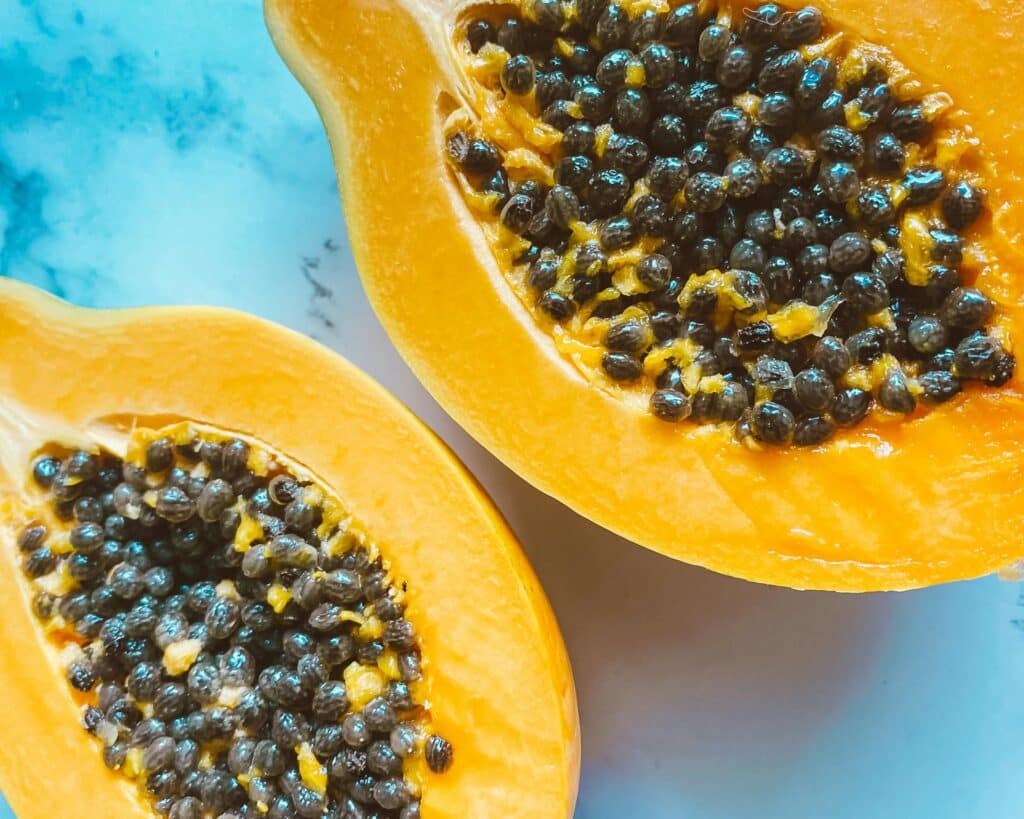
3. Hydration
Adequate hydration supports overall health, including skin health. Staying well-hydrated helps the body flush out toxins and supports the skin’s natural barrier. It´s important not just to drink lots and lots of water. While staying hydrated can certainly help, lots of water will not solve the problem. These are the hydration habits that the psoriasis survivors use to get rid of their symptoms:
- Lemon water with raw honey is great for supporting the body and skin
- Celery juice is well known to be amazing for fighting psoriasis.
- Aloe water can also be beneficial.
- Cucumber juice daily or several times a week can help as well
4. Stress Reduction
Stress is a major trigger for psoriasis. Practices like yoga, mindfulness, and meditation can help manage stress levels and prevent flare-ups. This will not address the root cause, but help the body deal with the illness and calm the nervous system which also supports overall health.
5. Skincare Routine
Gentle skincare products can soothe irritated skin. Look for natural, fragrance-free, moisturizing products, and avoid harsh scrubs or soaps that can irritate the skin further. Topical treatment will not address the root cause, but it can still be helpful to manage symptoms as you get better.
6. Helpful Supplements
Certain supplements can support immune health and reduce inflammation, such as:
- Zinc – Supports immune function and reduces inflammation, promoting skin healing and repair
- Vitamin-C – Powerful antioxidant that boosts the immune system, reduces oxidative stress, and aids in skin regeneration.
- Lemon Balm – Known for its calming effects, it helps reduce stress and inflammation, supporting overall immune health.
- B12 (Adenosylcobalamin and methylcobalamin) – Vital for nerve and blood cell health, B12 supports energy levels and reduces fatigue, helping the body heal.
- Licorice – Contains anti-inflammatory and immune-boosting properties, helping to calm flare-ups and reduce symptoms.
- Cat´s Claw – An herb that supports immune health and reduces systemic inflammation, often used for its anti-inflammatory effects in chronic conditions.
Look for supplements without additives, alcohol, or preservatives. We recommend Vimergy for the cleanest and most powerful products.
Always ask your doctor before changing your diet or starting a supplement.

How Long Does It Take to See Results?
The time it takes to see improvements in psoriasis through natural methods varies widely, depending on factors such as diet, lifestyle, and the severity of the condition. Some people may notice improvements within a few weeks, while others may need several months to experience significant changes. The key is consistency in making dietary and lifestyle adjustments.
While it may take years for psoriasis to fully resolve, the effort is often well worth it. Many people report noticeable improvements within the first few weeks or months, which provides reassurance that they are on the right path. These early changes can include a reduction in the need for medications (often resulting in fewer side effects), less pain, and decreased scaling or itching.
It’s essential to remember that psoriasis is a chronic condition that typically develops over years—sometimes decades. (Though children can develop psoriasis, it is more common in adults.) Given the disease’s slow progression, reversing it over time is not only possible but can be life-changing. Imagine yourself one or five years from now—where do you want to be? The consistent effort today can lead to lasting improvements in your symptoms tomorrow.
However, if you do not make changes to your diet and lifestyle, it’s unlikely that your psoriasis will improve. The good news is, that by starting today, you’re taking a powerful first step toward healthier skin and a better quality of life.
Sarah’s Journey to Naturally Reversing Psoriasis
Sarah struggled with psoriasis for over a decade, trying various treatments like steroid creams and phototherapy with little long-term success. Desperate and frustrated by constant flare-ups, and worsening of symptoms she decided to explore another approach.
She started by eliminating gluten, dairy, and eggs and adopted an anti-inflammatory diet rich in leafy greens, berries, fruits, and vegetables. Within weeks, Sarah noticed reduced inflammation, pain, and itchiness. Over the next few months, her symptoms continued to improve, and she felt like her body was healing from the inside out.
Six months later, her skin had cleared significantly, and she felt empowered by her newfound control over the condition. Even though she still experienced flare-ups for almost 1,5 years, she knew that she was doing the right thing and would eventually be symptom-free. 2,5 years after she started her health journey she was completely rid of psoriasis.

Conclusion
Psoriasis is a complex condition, but by addressing its root causes you can achieve long-lasting relief. With a focus on a healthy, anti-inflammatory diet, stress management, and proper skincare, you can reduce flare-ups and improve your skin health naturally.
Ready to take control of your psoriasis?
Explore our guides and learn how to manage your condition through diet and lifestyle.
